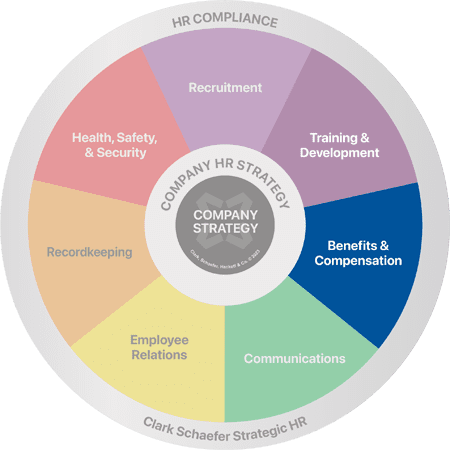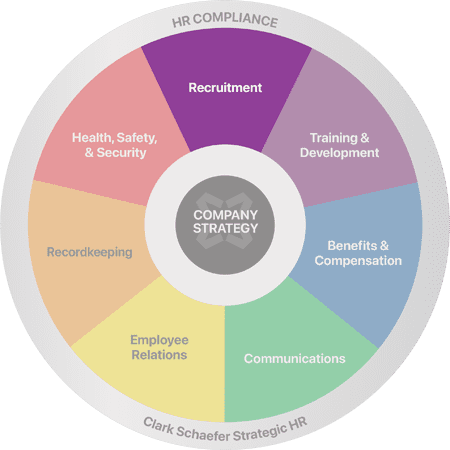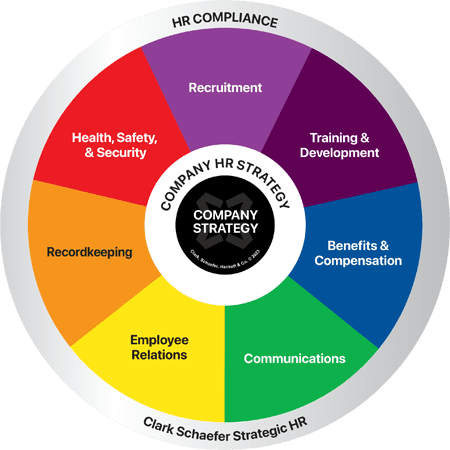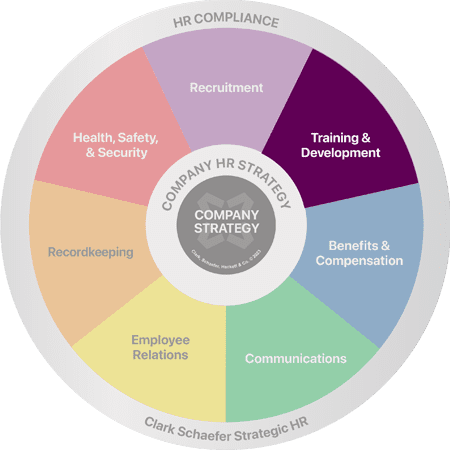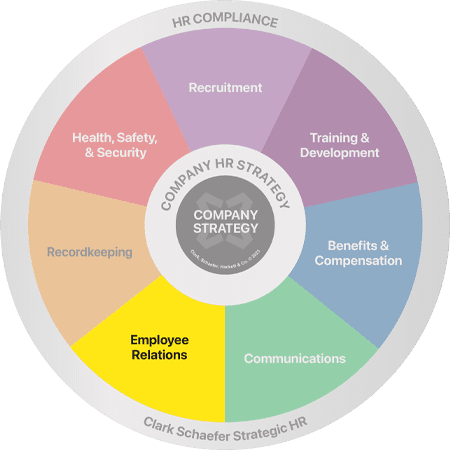What are the Newest Benefit Trends?
Last Updated on May 5, 2022 / Benefits & Compensation

HR Question:
We’re trying to review our benefit offerings to make sure that we’re meeting each of our employees’ needs. We’re able to offer the basics – health, dental, vision – but are there offerings we haven’t considered yet to keep up with benefit trends?
HR Answer:
In today’s market, it’s as important to retain the talent that you have as it is to recruit the right talent. The conversation around retention has offered employees a greater opportunity to be more vocal about their individual needs. So, what innovative employee benefits trends are employers implementing to retain their workforce and catch the eye of necessary talent? How can employers structure their benefits package with offerings that are appealing and beneficial to each employee?
Now more than ever, employees consider benefit offerings as an essential part of their compensation packages. While it’s obvious that employers can’t offer the sun, moon, and stars, employers can survey their teams to understand the benefits that would truly make a positive impact in their lives (and hopefully retain these employees longer). The results may surprise you, as it’s possible only a few adjustments need to be made to meet the wants and needs of your workforce.
For example, consider these four trending areas to enhance benefits and voluntary options to accommodate employee wants and needs: mental health, policies to support neurodiverse employees, support for life-changing diagnoses, and financial assistance.
Mental Health
Mental health remains one of the most talked-about and pressing benefit trends of this year. Even though the COVID-19 pandemic has receded to levels that allow for a partial return to normal, the impact on mental health remains. Many employers are turning to partnerships with apps like Calm or Headspace, while others (such as Clark Schaefer Hackett) have taken the opportunity to extend their Employee Assistance Programs (EAPs) to cover their employees’ extended family members, such as siblings and in-laws.
Policies to Support Neurodiverse Employees
It has been proven that diverse workforces naturally perform better. But diversity goes beyond race, gender, or age – it can also apply to thinking styles, abilities, and problem-solving practices (also known as neurodiversity). By creating inclusive policies and benefits for neurodiverse individuals – such as people with autism – organizations can open their doors to additional talent, unique perspectives, and innovative individuals, creating even greater diversity and inclusion in their workplace.
Support for Life-Changing Moments
As the conversation around work/life balance ebbs and flows between a balance and an integration, many would agree that personal life priorities impact performance, focus, and success at work. Offering support for moments such as cancer diagnoses and care programs (such as cancer insurance or critical illness insurance) or addressing the needs of female health (such as time and flexible work hours to deal with symptoms of menopause or fertility needs), miscarriages, or adoption needs can go a long way in addressing the work/life needs of your employees.
Financial Assistance
According to Schwab Retirement Plan Service’s annual survey, 48% of participants found themselves more likely to save more in general due to the pandemic, with over 85% listing a 401(k) plan as a “must-have” benefit. If 401(k) plans fall outside of what your organization can provide, consider offering smaller but still impactful benefits such as reimbursements for work-at-home expenses, stipends for child-care support, or programs to support emergency savings, debt management, and budgeting.
While healthcare costs continue to rise amongst the “Great Resignation” waves, employers are not without ways to attract and retain a larger percentage of their employees – starting with their benefit offerings.
Thanks to Janine Cummings, SPHR, SHRM-SCP for contributing to this edition of our HR Question of the Week.
Strategic HR has the answers to all of your tough Benefits and Compensation-related questions. Please visit our Benefits & Compensation page for more information or contact us to troubleshoot today.

